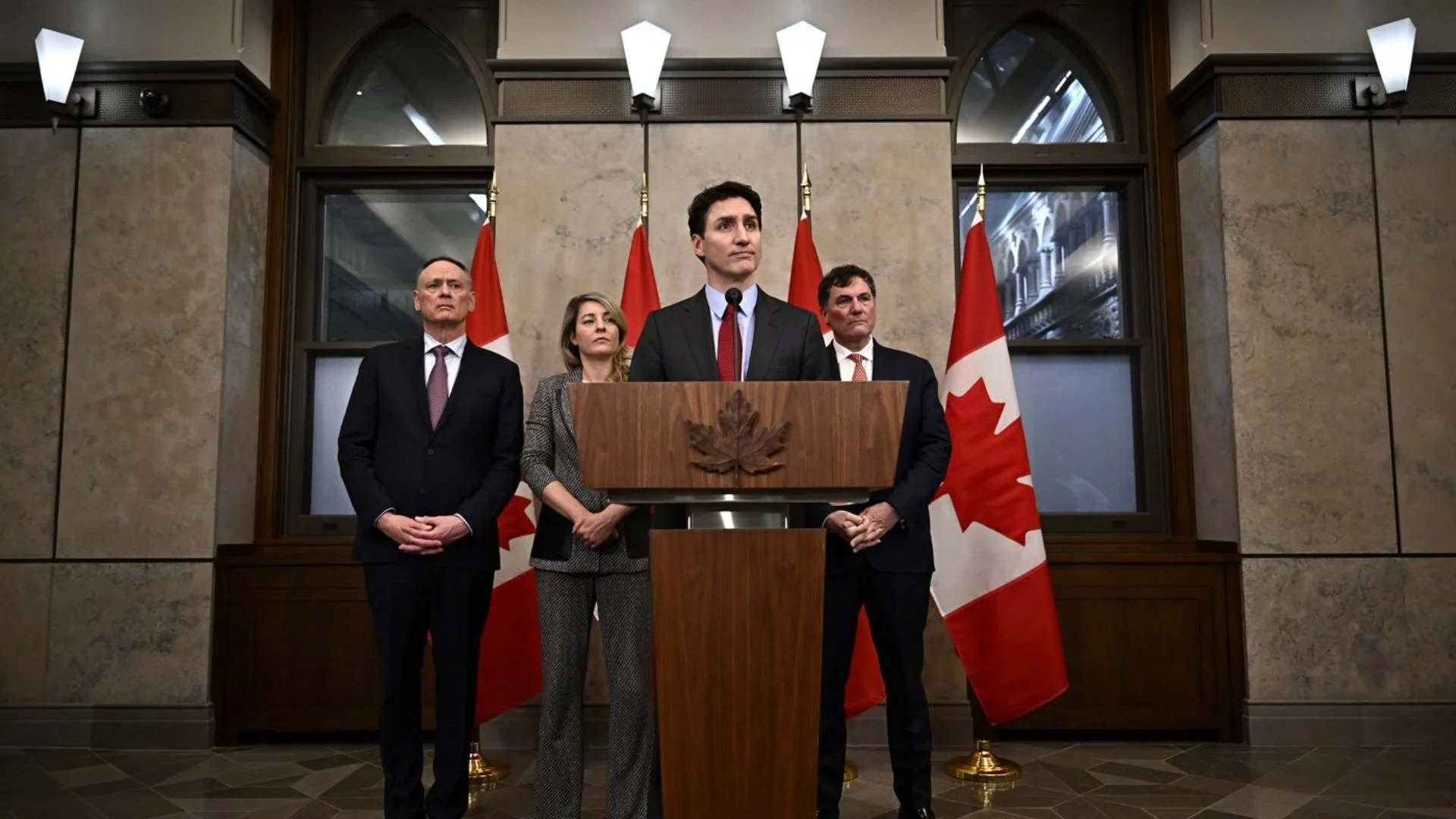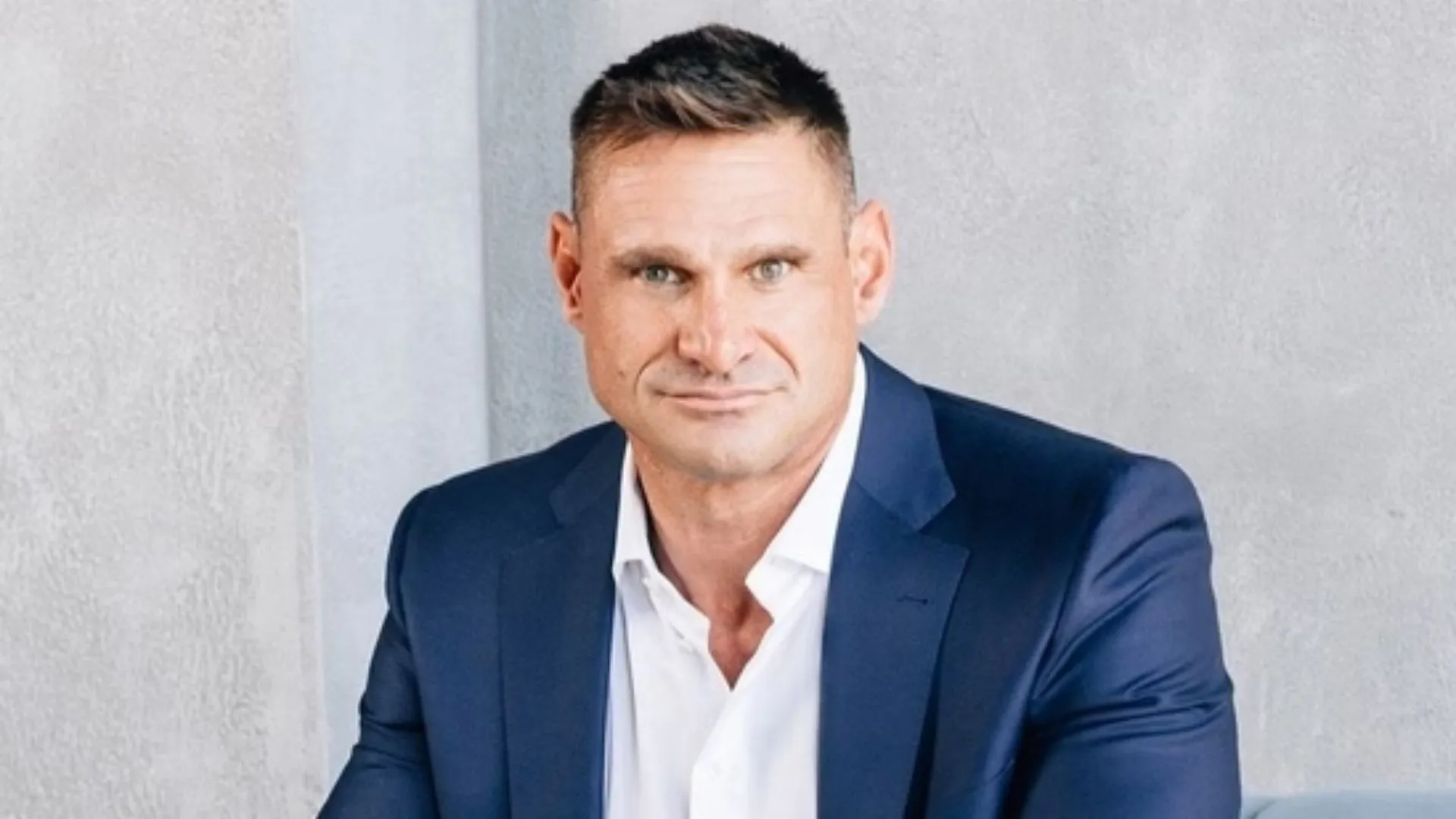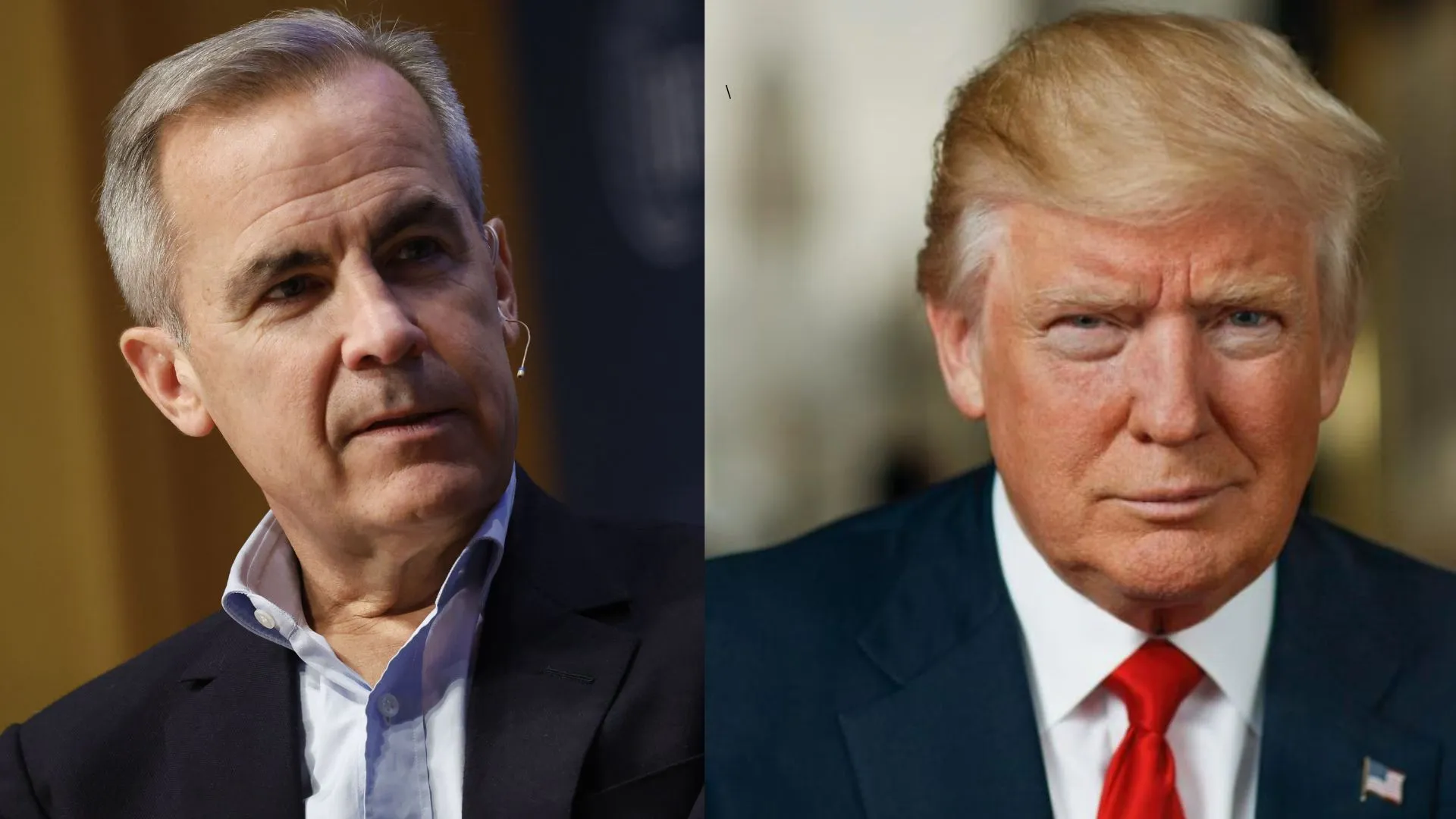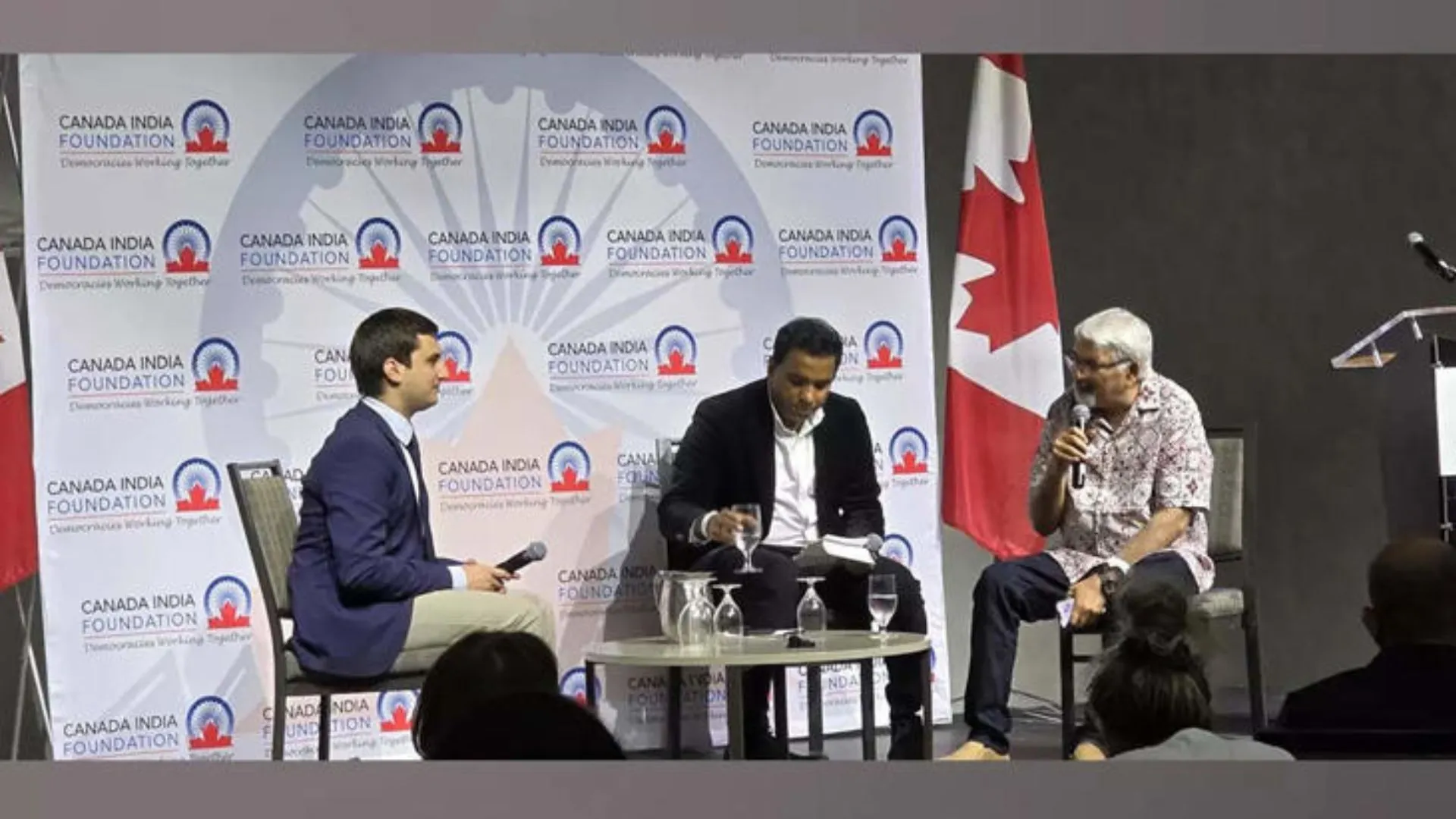It’s a real thing,” the Canadian Prime Minister Justin Trudeau advises, citing the need of America for Canada’s enormous supply of critical minerals as the reason for the former US President Donald Trump’s interest in absorbing Canada.
Speaking at a last-minute summit in Toronto with business and labor leaders, Trudeau sought to coordinate a response to Trump’s looming 25% tariff threat on Canadian imports. While Trump recently granted Canada a 30-day reprieve from the tariffs to allow further negotiations, he has continued to mock Canadian sovereignty, repeatedly calling Trudeau “governor” instead of prime minister and referring to Canada as the “51st state.”.
According to Trudeau, such annexation rhetoric by Trump must not be waved off as part of negotiation techniques. “They’re very aware of our resources and very much want to benefit from them,” he said. “But Mr. Trump believes one of the easiest ways to do that is by absorbing our country.”
Among these countries, Canada is the largest share holder of minerals essential to the green energy transition, including lithium, graphite, nickel, copper, and cobalt. It had to position itself as a reliable supplier of those resources to the allied nations.
Trump’s threats have dramatically altered the political landscape in Canada, galvanizing an increase in nationalistic feeling. According to a poll conducted by Angus Reid, between December and February, Quebecers who described themselves as “proud” or “very proud” of being Canadian rose from 45% to 58%. And calls for a Quebec independence referendum have declined.
Federal ministers reaffirmed Canada’s sovereignty and economic importance. “Canada is free. Canada is sovereign,” said Employment Minister Steven MacKinnon. Trade Minister Anita Anand vowed that there would be “no messing” with the border, while Industry Minister François-Philippe Champagne underscored Canada’s role in US economic and national security.























